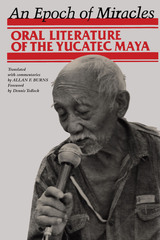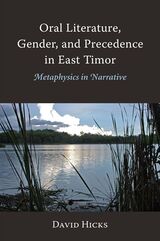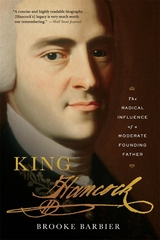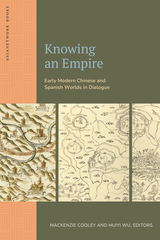
Francis James Child, compiler and editor of the monumental English and Scottish Popular Ballads, established the scholarly study of folk ballads in the English-speaking world. His successors at Harvard University, notably George Lyman Kittredge, Milman Parry, and Albert B. Lord, discovered new ways of relating ideas about sung narrative to the study of epic poetry and what has come to be called—though not without controversy—“oral literature.”
In this volume, sixteen distinguished scholars from Europe and the United States offer original essays in the spirit of these pioneers. The topics of their studies include well-known “Child Ballads” in their British and American forms; aspects of the oral literatures of France, Ireland, Scandinavia, medieval England, ancient Greece, and modern Egypt; and recent literary ballads and popular songs. Many of the essays evince a concern with the theoretical underpinnings of the study of folklore and literature, orality and literacy; and as a whole the volume reestablishes the European ballad in the wider context of oral literature. Among the contributors are Albert B. Lord, Bengt R. Jonsson, Gregory Nagy, David Buchan, Vesteinn Olason, and Karl Reichl.

“Mr. Allan Burns, I am here to tell you an example, the example of the Hunchbacks.” So said Paulino Yamá, traditionalist and storyteller, to Allan Burns, anthropologist and linguist, as he began one story that found its way into this book.
Paulino Yamá was just one of several master storytellers from the Yucatán Peninsula of Mexico from whom Burns learned not only the Mayan language but also the style and performance of myths, stories, riddles, prayers, and other forms of speech of their people. The result is An Epoch of Miracles, a wonderfully readable yet thoroughly scholarly set of translations from the oral literature of the Yucatec Maya, an important New World tradition never before systematically described.
An Epoch of Miracles brings us over thirty-five long narratives of things large, small, strange, and “regular” and as many delightful short pieces, such as bird lore, riddles, and definitions of anteaters, rainbows, and other commonplaces of the Mayan world. Here are profound narratives of the Feathered Serpent, the mighty Rain God Chac and his helpers, and the mysterious cult of the Speaking Cross. But because these are modern, “Petroleum Age” Maya, here too are a discussion with Cuba’s Fidel Castro and a greeting to former president Richard Nixon.
All pieces are translated ethnopoetically; examples of several genres are presented bilingually. An especially valuable feature is the indication of performance style, such as pauses and voice quality, given with each piece.

READERS
Browse our collection.
PUBLISHERS
See BiblioVault's publisher services.
STUDENT SERVICES
Files for college accessibility offices.
UChicago Accessibility Resources
home | accessibility | search | about | contact us
BiblioVault ® 2001 - 2025
The University of Chicago Press









